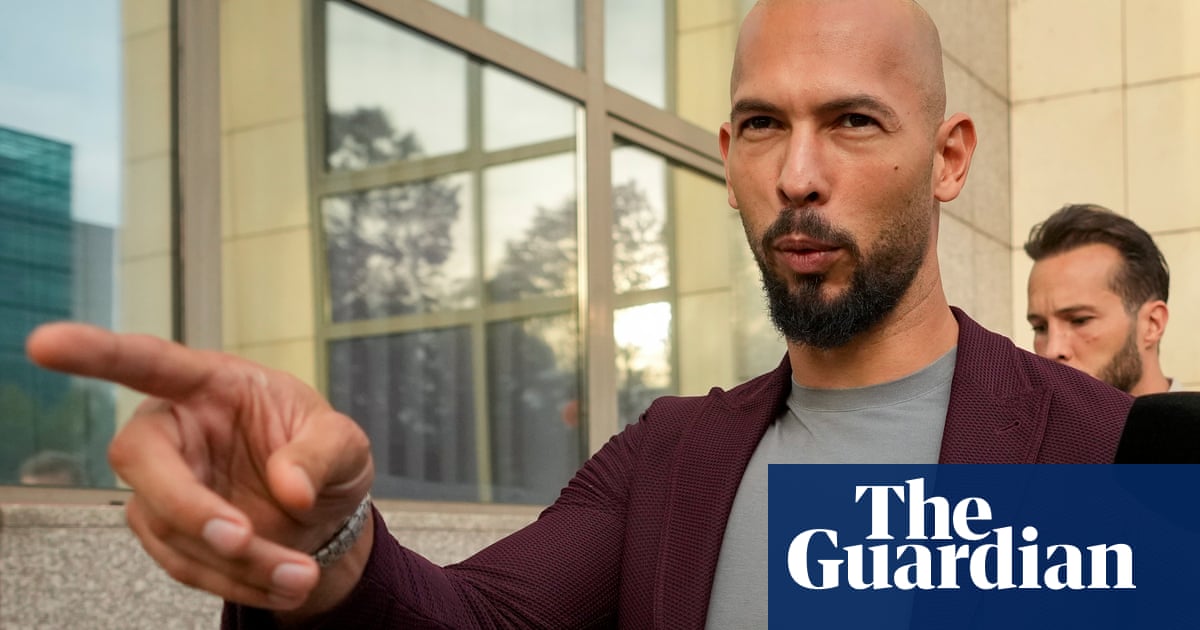Boys and men from generation Z are more likely than older baby boomers to believe that feminism has done more harm than good, according to research that shows a “real risk of fractious division among this coming generation”.
…
On feminism, 16% of gen Z males felt it had done more harm than good. Among over-60s the figure was 13%.
The figures emerged from Ipsos polling for King’s College London’s Policy Institute and the Global Institute for Women’s Leadership. The research also found that 37% of men aged 16 to 29 consider “toxic masculinity” an unhelpful phrase, roughly double the number of young women who don’t like it.
“This is a new and unusual generational pattern,” said Prof Bobby Duffy, director of the Policy Institute. “Normally, it tends to be the case that younger generations are consistently more comfortable with emerging social norms, as they grew up with these as a natural part of their lives.”
Link to study: https://www.kcl.ac.uk/news/masculinity-and-womens-equality-study-finds-emerging-gender-divide-in-young-peoples-attitudes



Problem is that the branding issue is a problem for women too. The vast majority of feminists are great folks who want equality. But it also attracts the self important types that want to use victim status to get ahead or just generally put the other side down. And they’re usually the loudest “feminists”. That perpetuates the branding problem.
I think this problem is always going to exist when we’re talking about large political or philosophical movements. There’s no Council of Feminism who gets to decide who “counts” as a “real feminist”. I’ve met self proclaimed feminists whose views are what I would describe as actively anti-feminist, but there’s nothing I can do to change that.
An example that comes to my mind is how I grappled with the existence of Trans-Exclusionary-Radical-Feminism and it’s adherents (TERFs). It wasn’t just their transphobia I had beef with, but so much of their supporting worldview made me want to proclaim that they are “no true feminists”. That felt intellectually disingenuous though, because who am I to say what “true feminism” is?
I’ve come to terms with this kind of discomfort, and it’s something that has affected to what extent I call myself a feminist. I still do, but like any word, it’s utility depends on context and often it’s just not a useful label when it covers such a wide diversity of viewpoints. Certainly it shouldn’t be seen as a synonym for “good”, which is perhaps how I sometimes thought of it.
Well put. This is a very salient observation! But as OP said, I think feminism is a particularly bad name. It comes across to many as equivalent to misandrist, matriarchist, or a female only club. Rather than anyone in favor of equality for women.
As a nonbinary person, I associate the name “feminism” with the idea that women are or should be the focus of gender equality movements. Which I disagree with.
In principle you’re right. We have a long way to go with fairness in regards to non-binary/trans genders. And even for men, like for example, being treated like secondary parents. Gender equality should be the real end goal for society.
However there’s a logistics problem. We can’t solve anything if we never focus on something long enough to move it forward. And when it comes to gender issues, problems like women not being taken seriously in the workplace affect a lot of people. This isn’t necessarily a bad place to start.
But I think you’re right. There are a lot of people that see feminism AS gender equality
It’s tricky. There’s people who think feminism is gender equality and are in favour of both. There’s people who think feminism is for women and should only be for women. There’s people who think feminism is for women and it should be for everyone. There’s people who think feminism is for women and we need a new one for enbies. There’s people who just don’t like women’s rights. How do you have a conversation with all of those people in the room and make yourself understood? I don’t know how to do that.